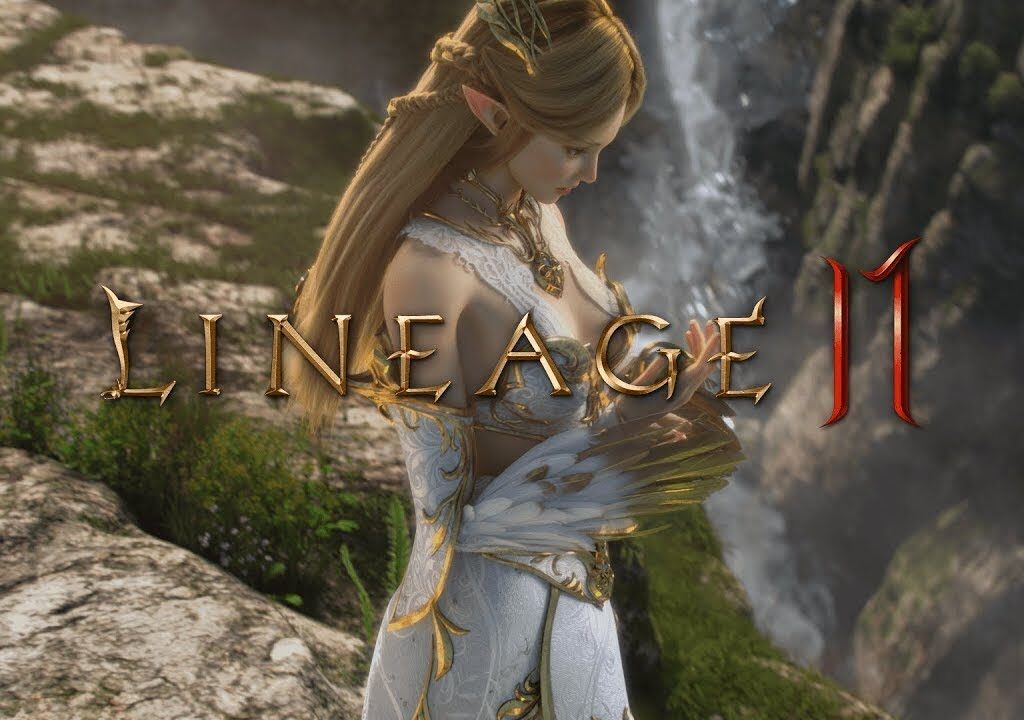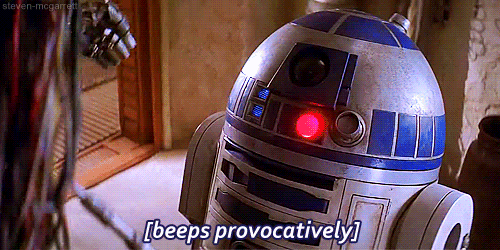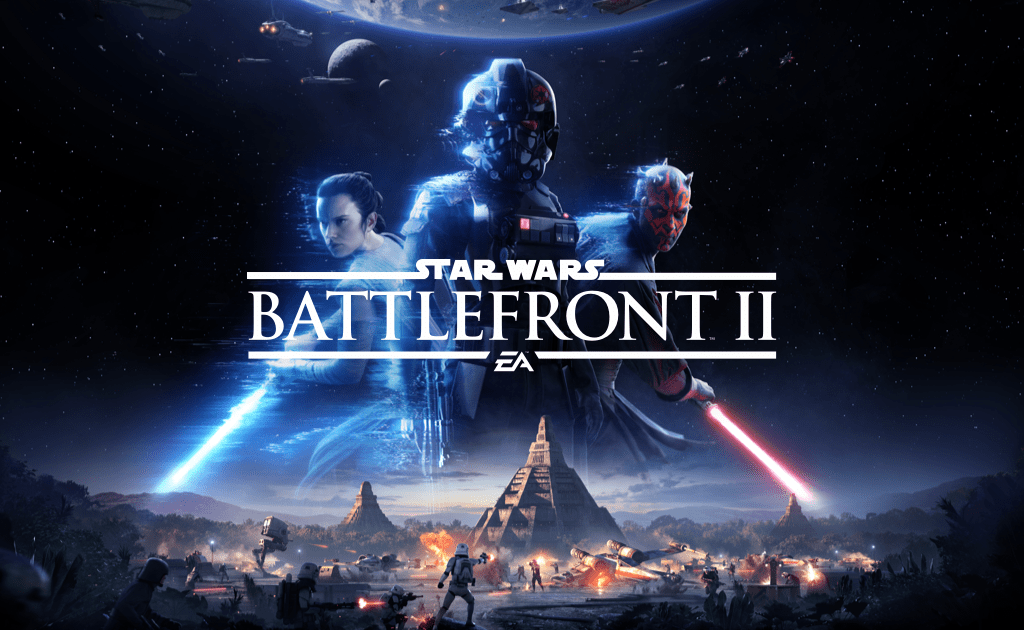It’s a common practice today, especially with mobile app games, to be tempted with purchasing items from games. We’ve all heard the anecdotes of parents who were shocked to see that their bank accounts had been drained because a child had spent hundreds of dollars on a video game. It’s funny, it does happen, but this practice of impulse buying can also have a darker side and some gamers feel give an unfair advantage and has created a “pay to win” sub-culture in video games.
What is P2W?
If you join any Facebook group that belongs to a video game you will see the complaints about the “pay to win” gaming model. For those who do not know what “p2w” means it refers to a practice where game developers “hold back” the most powerful items only making them available for real world money.

A lot of players cry foul at this practice because it makes the game unfair to play. I have personally never found pay to win to be an actual thing…keep reading if you haven’t rage quit this article already, I’m going to talk some gaming history from behind the scenes.
The Freemium App Model
First, let me address microtranactions when it comes to mobile app games. Yes, they are dangerous and habit forming, however, they are necessary. Most mobile app games are given out for free, just like old TV Shows. The way they make their money is in advertising, which is why you get ads in the game and by people purchasing the in game items they are selling. If you enjoy a game you should by all means give a little of your hard earned cash to help support that game. Just like you leave a gratutity for good service, you should see the microtransaction in the same veil. Its how game developers are able to “keep the lights on” so to speak and keep making games that you enjoy!
MMORPG Loot Drops
In the early days of online gaming there was no way for players to purchase any item in the game other than using the luck factor and spending hours of their life “grinding “to get the quest item they were after. For those who are unfamiliar with how most MMORPG programming drops work, they are based on the D20 dice game system… Yes the Dungeons and Dragons (DnD) dice system that players have been playing on table tops in basements for decades was digitized and is how the game decides if you get a small amount of coin or an exclusive hard to get item. Just like in DND, there is a chance to land a 1, which means you get the lowest drop, or a chance to get a 20, which means you get the highest drop, everything else falls in between. So luck has a lot to do with what a player gets. You can increase the chances of getting the desired item you want by grinding out the “mob” that drops the thing. Grinding refers to the practice of non-stop playing of the game, doing a task repeatedly to grind out experience or getting that elusive item.
Coming from the game industry at the turn of the millennia I worked for an online role playing game developer, NC soft for their game, Lineage II. At the time, players were not able to make micro transactions or buy any game items for money. It was not a common practice in video games at the time and wasn’t something that game developers wanted to give. They literally told us that they didn’t want to create an “unfair” advantage.

Confessions of an MMORPG GM

My job title was Game Master or GM and I was to deal with the concerns and issues Players were having in game. Players could get stuck in the game environment or could have a serious quest issue that prevents them from moving on in the game and their only option was to request our help.
It wasn’t long before we started to get complaints of bots in the game.
A Brief History of Farming Bots
Bots are programs that run in the background of a system and run a game for the player while they are away from the keyboard or AFK. the bot can be programmed to do multiple tasks including responding to chat messages, killing mobs, selling items, and repeating until we kicked them from the game or the player returned, whatever happened first. After a while, we saw an increase in these bot reports so we did a deeper investigation to find out these bots were unloading all of their items to specific accounts. We were able To trace the I.P. Addresses of these accounts to China. We discovered that these accounts belonged to companies that employed warehouses full of people, paying them as low as $1 a day, to play our game, collect items, money, and deliver them to an overseer who would then sell our items and money on eBay. They sold in price ranges from $25-$500+. This was a violation of the end-user license agreement or EULA, as those items were the intellectual property of the game developer and anybody who was making money off of the game developers property was in violation of the EULA. We would ban their accounts only to see hundreds of more spring up in their place. It was obvious to us as game masters that the players had a demand and these “money farmers”, as they were called, were filling the need.

It didn’t take the companies long to realize that they were losing millions of dollars to this practice, banning the accounts wasn’t working, and so, they began to offer players what they wanted.
As with any new business model there’s been a lot of adjustments and growing pains. It was, and it is, good business to try to make money off of your product. The game companies, in my opinion, got a little greedy and did, at first, create a divide between players who played the game and those who just bought the items to give them an extra advantage.

Loot Boxes and Lotteries
Some games like Blizzard’s Overwatch caught backlash for how they designed there loot boxes. Complaints said that they were too similar to slot machines and appealed to the addictive nature of those kind of games and exposing children to gambling behavior at a young age. Take a read here which talks about how opening these boxes and game crates has become a source of big business and big scandal.
In 2017, EA bumbled the ball with the long awaited and greatly anticipated Star Wars: Battlefront II’s loot box system. They made characters like Darth Vader only available for purchase via opening lots of loot boxes or playing for 6 months. The hubbub was so bad that EA suspended the loot box system but the damage to the games reputation was done and already Salty fanboys got even saltier.

Do Microtransactions actually create an unfair advantage?
In my opinion, no. What the microtransaction business model does is a few things: First, it allows for those players who do not have the time to invest in a game, probably because they are working, to be able to spend extra money to catch up with those who do. They are exchanging their money for time. They are working and have the money because of it, what they spend it on is their business. For those players who are fortunate enough to be able to work AND play the game simultaneously, please let me know whatever career path that is! Those lucky dogs can also spend money and help themselves progress even further and faster in the game than those of us who can’t. Lastly, if you can’t afford to pay then you can play the game, exchanging your time for “money”. If your complaint is that you can’t afford to pay and you cannot spare the time to play, then perhaps you have some time management issues. If people are spending their time and/or their money bothers you to the point of anger and frustration, maybe what little time and money you do have will be better invested in therapy. Microtransactions exist because players demanded it. ‘Nuff said.


